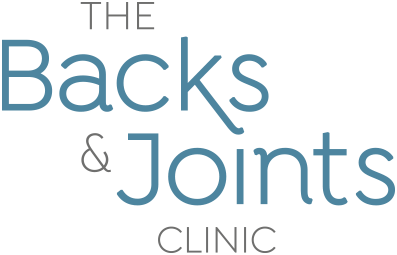Migraine or Headache?
Headaches are very complex with varying symptoms. They are usually divided into primary, the most common of which is migraine, and secondary, where they are likely to be caused by another condition.
Migraines
As well as intense headache symptoms can include:
Visual disturbance
Nausea and vomiting
Sharp pain behind one eye or ear
Throbbing pain
Sensitivity to light
And more
Migraines are usually quite severe, causing sufferers to withdraw from their usual activities until the pain subsides. This can be anything from four hours to several days. They affect both men and women equally, and are the third highest cause of disability in people under 50.
Medication is very often the best treatment for combating migraines, but your lifestyle or tension can also contribute and be a trigger. We can work with you to identify which factors may be impacting you, and advise on the best way to manage aggravating factors. We have been able to help patients to decrease frequency or intensity of migraines through reducing some of the triggers.
Secondary Headaches:
Secondary headaches can be caused by muscle tension, injury, neuralgia, infection or withdrawal from substances such as caffeine. We are going to focus on tension and cervicogenic headaches today.
Tension Headaches
Classed as secondary headaches usually caused by muscle tension in the neck, stress, poor posture or anxiety. This is the most common headache and believed to affect 30-80% of us at some point in our lives.
You can often manage this pain with a mild analgesic and good sleep. If you notice they are becoming more frequent or intense, talk to us about helping to identify the cause and how to manage it.
Cervicogenic Headaches
Another secondary headache caused by a problem or injury to the neck. This could be the result of poor posture over many years, or a direct injury to the neck. This type of headache usually affects both sides of the head and base of the skull and presents as a dull aching pain. Chiropractic adjustments can help decrease this pain.
Remember: not every chronic or severe headache is a migraine. The most important thing for all headaches is getting an accurate diagnosis and establishing the likely cause.
We are trained not only to support you, but also to know when you will not benefit from our care. When that arises we will work with your GP and other healthcare professionals to refer you, if we cannot help.

